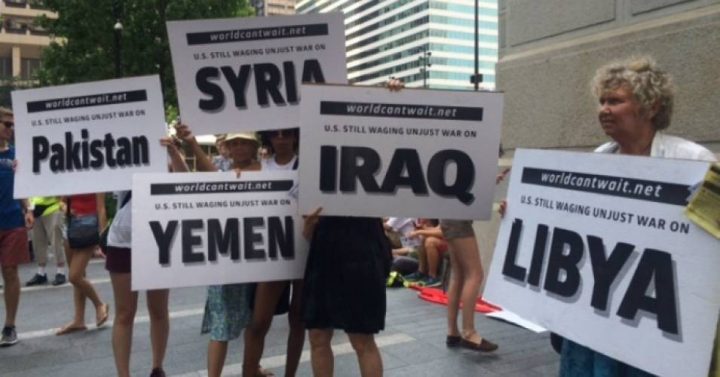By Camillo Mac Bica, Ph.D.
I remember being far from home, family, and loved ones. Thrust into an alien and hostile land I didn’t even know existed. Christmas dinner choppered out to a desolate LZ. The space on the chopper where the cold turkey and warm beer had been, quickly filled with the still-warm bodies of comrades who had experienced their last Christmas.
I remember a Catholic priest, a Franciscan, offering Christmas mass on a makeshift altar of spent ammo boxes. Pragmatists all, we prayed for survival or at the least to die quickly. His sermon celebrating the birth of Christ, our “savior,” and the eternal joy and peace of heaven cut short by the urgency of war and his determination not to miss the last chopper out of hell.
I remember the body of a dead Viet Cong splayed upright, impaled in the layers of concertina wire, its barbs his crown of thorns, marking the no-man’s land surrounding the perimeter of a firebase north of Danang. Killed trying to breach the base’s defenses, his catatonic face frozen forever in a final exclamation of horror and pain. His decaying remains adorned by war-hardened holiday revelers, with Christmas decorations and a sign, soiled with blood and entrails, wishing all joy, happiness, and good will from the 26th Marines. As we passed and entered the base, few even took notice. I heard one young Marine; newly arrived in Country, whisper to no one in particular, “Ho, fucking ho, fucking ho.”
Those who know little of war, except what they have seen in a Hollywood film or read in a book, can’t understand why intrusive memories of war linger and negatively impact our lives so profoundly. Nor can they understand why, even after so many years, we remain haunted by war, believing as they do, that when the killing is done, the horror will end. That coming home and time will cleanse us of our sins and help us to mend. With the best of intentions, they are quick to offer a simple cure for what they see as war insanity, our mental illness. “Put the past behind you,” they tell us, “look to the future, and go on with your lives.”
We who have been there, however, the crazy ones, the insane, know the truth that there are some wounds even time can’t heal, and the memories of war remain, forever alive and toxic. Wherever you “look” or not, eyes wide opened or closed . . . it’s there. The innocence of youth dies quickly when killing becomes a rite of passage.
When the smells of Christmas pine and the sounds of Christmas bells become forever tainted by the stench of decaying corpses and the screams of those waiting to die, Christmas too becomes a casualty of war.
Camillo ‘Mac’ Bica, Ph.D., is a professor of philosophy at the School of Visual Arts in New York City. He is a former Marine Corps officer, member of the Vietnam Veterans Against the War, and the coordinator of the Long Island Chapter of Veterans for Peace. His work has been published in a variety of venues including Truthout, Common Dreams, AlterNet, the International Journal of Applied Philosophy, the Journal of Social Philosophy, Public Affairs Quarterly, the Peace Review, and The Humanist. His most recent books include “Worthy of Gratitude: Why Veterans May Not Want to be Thanked For Their ‘Service’ in War” (Gnosis Press, 2015), “Beyond PTSD: The Moral Casualties of War” (Gnosis Press, 2016), “There Are No Flowers in a War Zone” (Gnosis Press, 2019), and Morality and Military Service (Gnosis Press, Summer, 2020).










